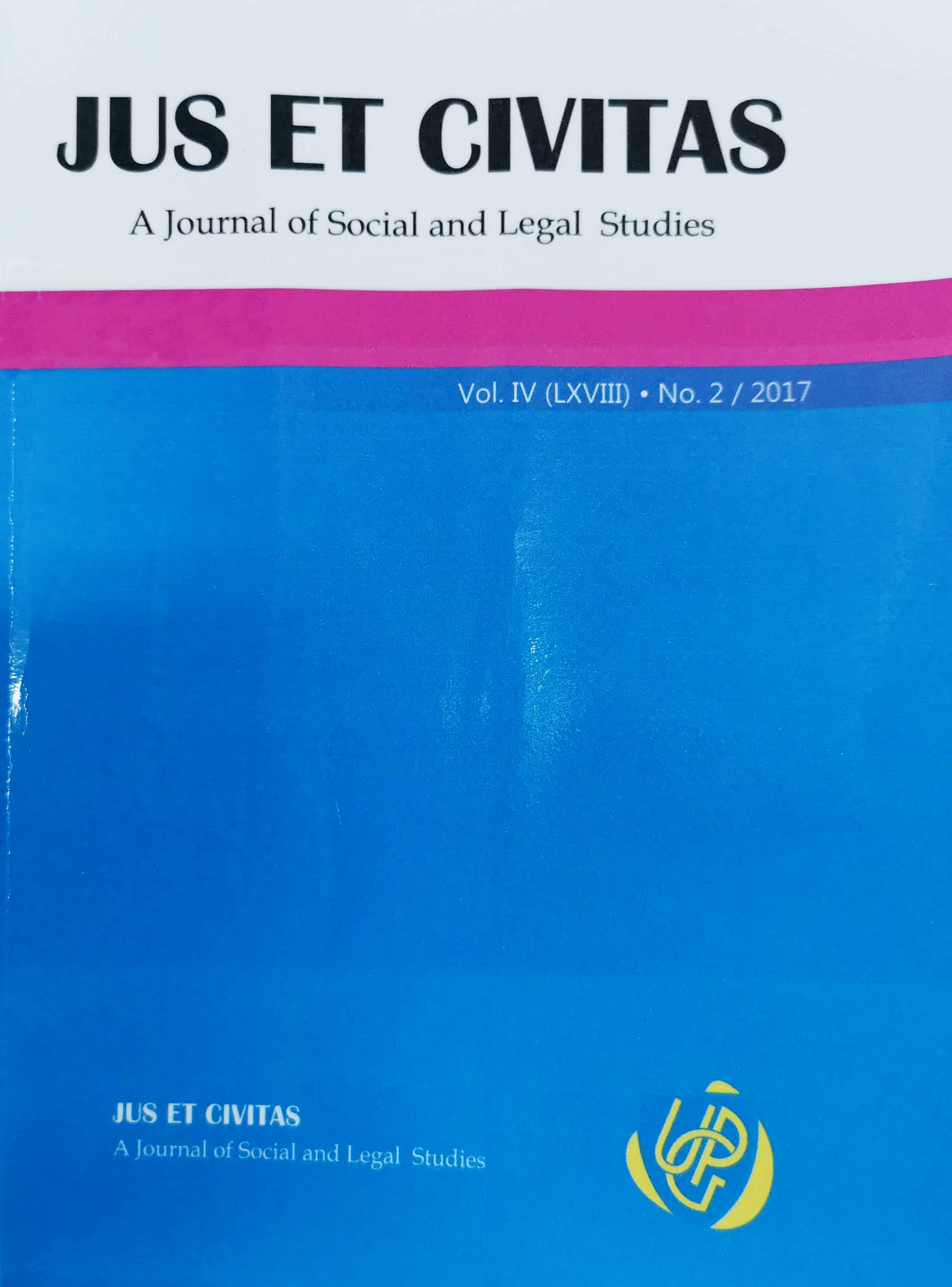IMPLICATIONS OF INTERNATIONAL LAW ON DEFINING THE CONCEPT OF DISCRIMINATION. CASE STUDY
IMPLICATIONS OF INTERNATIONAL LAW ON DEFINING THE CONCEPT OF DISCRIMINATION. CASE STUDY
Author(s): Dragoş Lucian RădulescuSubject(s): Civil Law, International Law, Human Rights and Humanitarian Law, Sociology
Published by: Editura Universitatii Petrol-Gaze din Ploiesti
Keywords: discrimination; criteria; interpretation; application; contract;
Summary/Abstract: The concept of discrimination concerns the application in bad faith of differences in the rights of individuals, provided that there are identical or similar situations, in order to limit the use of their fundamental rights and freedoms.The internationalization of the law as a result of globalization has led to the transposition into national law of the provisions of international law, and in particular those laid down in Community law, in the context of identifying the legal relationship between the authors and the victim, the applicable discrimination criteria and the necessary sanctions to be applied in question. Regulatory differentiation consists in the application of non-limitative criteria in national law, which allows the courts to assess the existence of discrimination simply by reference to the factual situation specified by the complainant.In this context it can be seen that seemingly neutral practices applied to different legal relationships, even if they are not based on explicit discrimination criteria provided by law, may give rise to similar effects to discrimination. Thus, although only practices aimed at restricting, removing the recognition, use or exercise of the fundamental rights and freedoms of a person, the lack of criteria of restrictive discrimination allow those involved in such legal relationships to ask the courts to find facts that do not always relate to this matter.The article details aspects of discrimination, applicable conditions, victims' rights to action, as well as possible reference to the provisions of international law in the field.
- Issue Year: LXVIII/2017
- Issue No: 2
- Page Range: 53-60
- Page Count: 8
- Language: English

